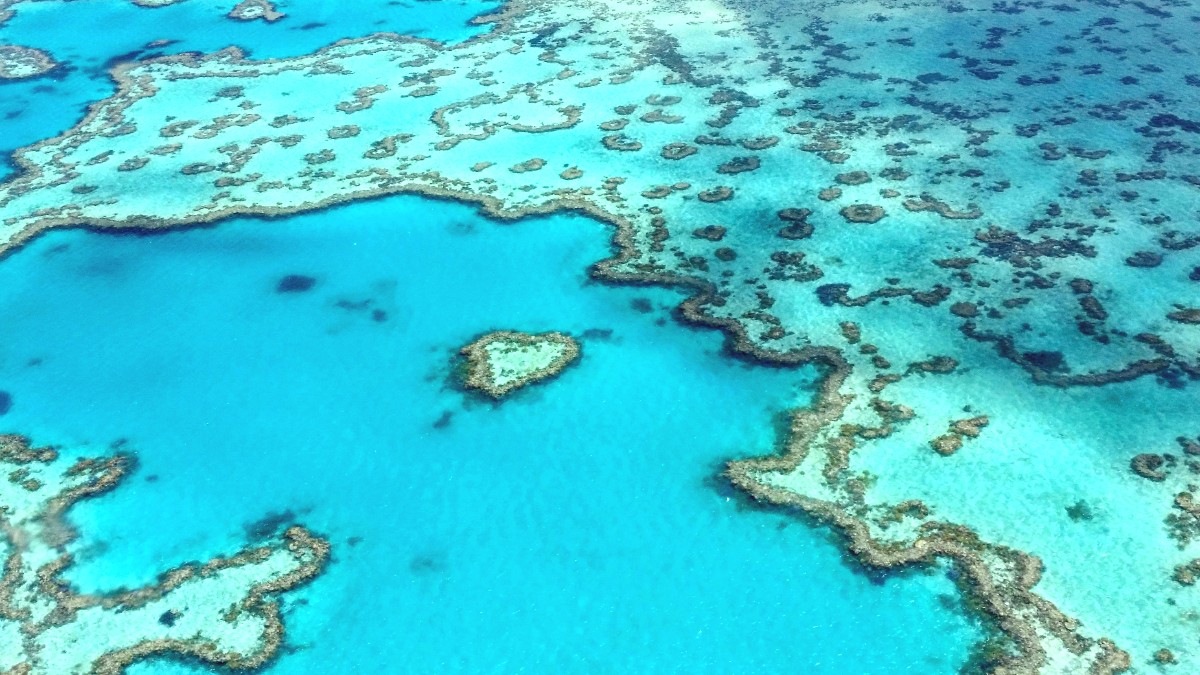
Queensland, Australia
For May to October, pack lightweight, breathable clothing. Materials like cotton and linen are ideal. Long-sleeved shirts protect from the sun. Bring a Light jacket or jumper for cooler evenings, especially on boat trips or in air-conditioned spaces. The dry season can still be warm during the day, so focus on comfort.
For November to April, opt for very lightweight, quick-drying clothing. Sandals or open-toed shoes are suitable for rain. A Lightweight rain jacket or Umbrella works for sudden downpours. The high humidity means clothes take longer to dry, so consider quick-dry fabrics.
Comfortable walking sandals or thongs (flip-flops) for everyday wear in towns and around your accommodation.
Water shoes or reef shoes are helpful for walking on rocky beaches or shallow coral. These guard against stonefish and sharp coral.
Comfortable closed-toe shoes or Sneakers work well for general walking, city exploration, and light hiking on easy trails.
Keeping important documents organized and accessible is wise. Have both physical and digital copies.
Plan for your electronics by considering power, connectivity, and capturing memories.
Capture the reef's beauty with the right camera gear and ensure your data is secure.
Google Maps for navigation and public transport routes. Uber, Didi, Ola for ride-sharing services.
The BOM Weather app (official Australian Bureau of Meteorology forecasts). A currency converter app for quick conversions.
GBRMPA Eye on the Reef for those interested in citizen science and reef health information. Google Translate for any language needs.
Assemble a personal health kit to manage common issues and ensure comfort.
The tropical sun and insects mean diligent protection is a must.
Match your gear to your planned activities for maximum enjoyment.
For land-based adventures, the right gear makes a difference.
Enhance your aquatic experience with these helpful items.
These small additions elevate your travel comfort and security.
Prepare for the diverse activities and tropical setting.
Hydration without waste.
Eco-friendly shopping.
For sudden tropical showers.
Capture reef life.
Roll your clothes tightly to save space and reduce wrinkles. Pack versatile items that mix and match.
Choose quick-dry fabrics for easy laundry and fast turnaround, useful in the humid climate.